A Journey Through Time: Exploring the Significance of Olympia in Greece
Related Articles: A Journey Through Time: Exploring the Significance of Olympia in Greece
Introduction
With great pleasure, we will explore the intriguing topic related to A Journey Through Time: Exploring the Significance of Olympia in Greece. Let’s weave interesting information and offer fresh perspectives to the readers.
Table of Content
A Journey Through Time: Exploring the Significance of Olympia in Greece

Nestled in the heart of the Peloponnese peninsula, Olympia stands as a timeless testament to the ancient Greek spirit. More than just a geographical location, Olympia is a cradle of civilization, a birthplace of sporting excellence, and a repository of rich cultural heritage. Its significance transcends the realm of history, resonating with the modern world in ways that continue to inspire and captivate.
A Geographical Overview
Olympia is situated in the western Peloponnese, a region in southern Greece. It lies on the banks of the Alpheios River, surrounded by rolling hills and fertile plains. The site is characterized by its natural beauty, with lush vegetation, ancient olive groves, and a serene atmosphere that speaks to its historical significance.
The Birthplace of the Olympic Games
Olympia is most renowned as the birthplace of the ancient Olympic Games, a festival held in honor of Zeus, the king of the gods. These games, held every four years, transcended athletic competition, serving as a platform for cultural exchange, political alliances, and the celebration of human potential.
The Panhellenic Games, as they were known, drew athletes from across the Greek world, bringing together rival city-states in a spirit of peaceful competition. The games included various disciplines, from running and wrestling to chariot racing and boxing, showcasing the physical prowess and athleticism of the ancient Greeks.
Beyond the Games: A Thriving Sanctuary
Olympia was not merely a venue for athletic contests; it was a sacred sanctuary dedicated to Zeus. The site was adorned with magnificent temples, statues, and altars, reflecting the artistic and religious prowess of the ancient Greeks. The Temple of Zeus, one of the largest and most impressive temples of the ancient world, stood as a testament to the grandeur of Greek architecture.
The sanctuary was a focal point of religious activity, with rituals and ceremonies conducted in honor of Zeus and other deities. It was also a center of artistic and intellectual exchange, attracting philosophers, poets, and artists from across the Greek world.
The Decline and Rediscovery of Olympia
The decline of Olympia began with the Roman conquest of Greece in 146 BC. While the games continued under Roman rule, the sanctuary gradually lost its religious and cultural significance. The final blow came in 393 AD when Emperor Theodosius I outlawed pagan festivals, effectively ending the Olympic Games.
For centuries, Olympia lay buried beneath layers of earth and vegetation, its secrets hidden from the world. It was only in the 18th century that the site began to be rediscovered through archaeological excavations. The meticulous work of archaeologists has brought to light the splendor of the ancient sanctuary, revealing the extraordinary legacy of Olympia.
The Modern Significance of Olympia
The revival of the Olympic Games in the late 19th century saw Olympia regain its prominence as a symbol of international unity and athletic excellence. The modern Olympics, held in various cities around the world, draw inspiration from the ancient games held in Olympia, perpetuating the spirit of peaceful competition and global camaraderie.
Olympia continues to be a vital center for archaeological research and historical study. Its ruins serve as a tangible reminder of the achievements of ancient Greek civilization and provide valuable insights into the culture, religion, and social practices of the time.
FAQs about Olympia
Q: When were the ancient Olympic Games held?
A: The ancient Olympic Games were held every four years, beginning in 776 BC and ending in 393 AD.
Q: What is the significance of the Temple of Zeus at Olympia?
A: The Temple of Zeus was the largest and most impressive temple at Olympia. It housed a colossal statue of Zeus, considered one of the seven wonders of the ancient world.
Q: What were the main events of the ancient Olympic Games?
A: The ancient Olympic Games included various events, such as running, wrestling, boxing, chariot racing, and pentathlon.
Q: What is the connection between Olympia and the modern Olympics?
A: The modern Olympics are inspired by the ancient games held in Olympia. The Olympic flame is ignited at Olympia and carried to the host city of the Games.
Q: What are some tips for visiting Olympia?
A: When visiting Olympia, plan to spend at least a full day exploring the site. Wear comfortable shoes, as there is a lot of walking involved. Be sure to visit the Archaeological Museum, which houses artifacts discovered at Olympia.
Q: What is the best time to visit Olympia?
A: The best time to visit Olympia is during the spring or autumn when the weather is mild and the crowds are smaller.
Conclusion
Olympia stands as a timeless testament to the enduring legacy of ancient Greece. Its significance transcends the realm of history, resonating with the modern world through the continued celebration of the Olympic Games and the preservation of its rich cultural heritage. The site continues to inspire awe and wonder, serving as a reminder of the achievements of ancient civilization and the enduring power of human spirit. Whether one is captivated by the athletic feats of the ancient Olympians or the architectural grandeur of the sanctuary, a visit to Olympia offers a unique and unforgettable journey through time.

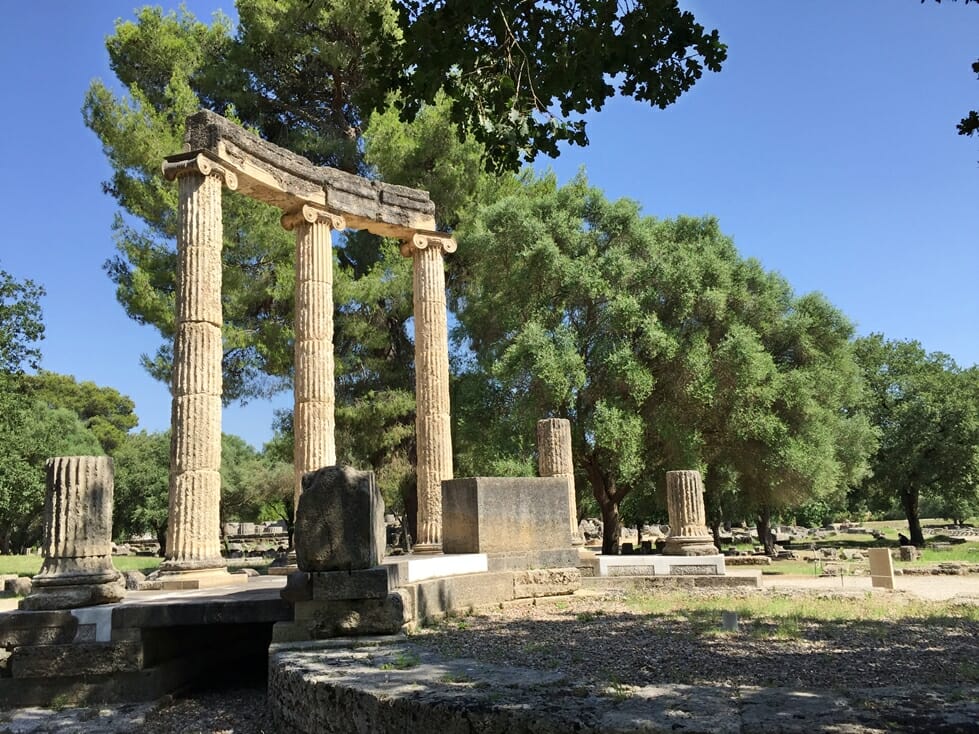
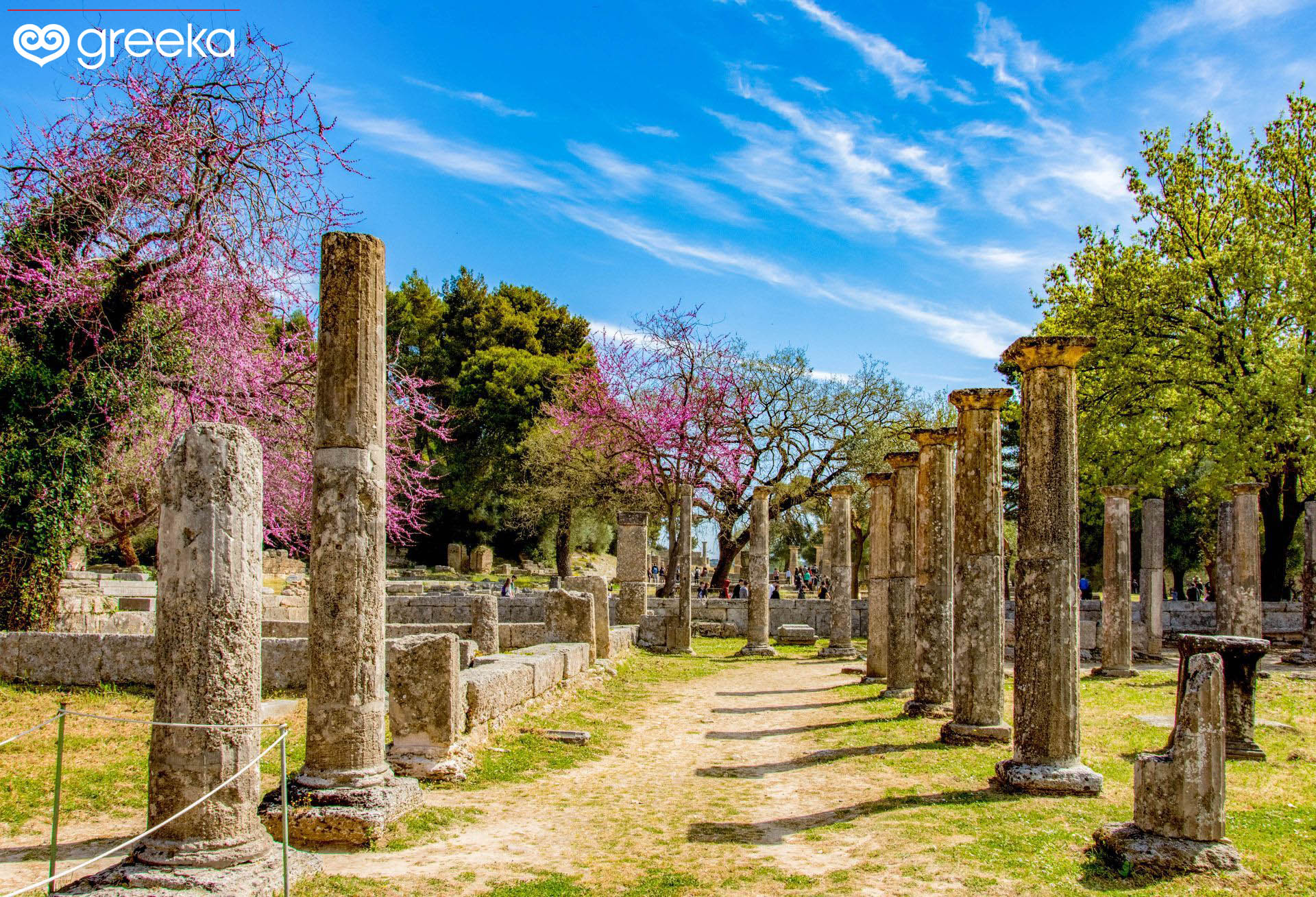
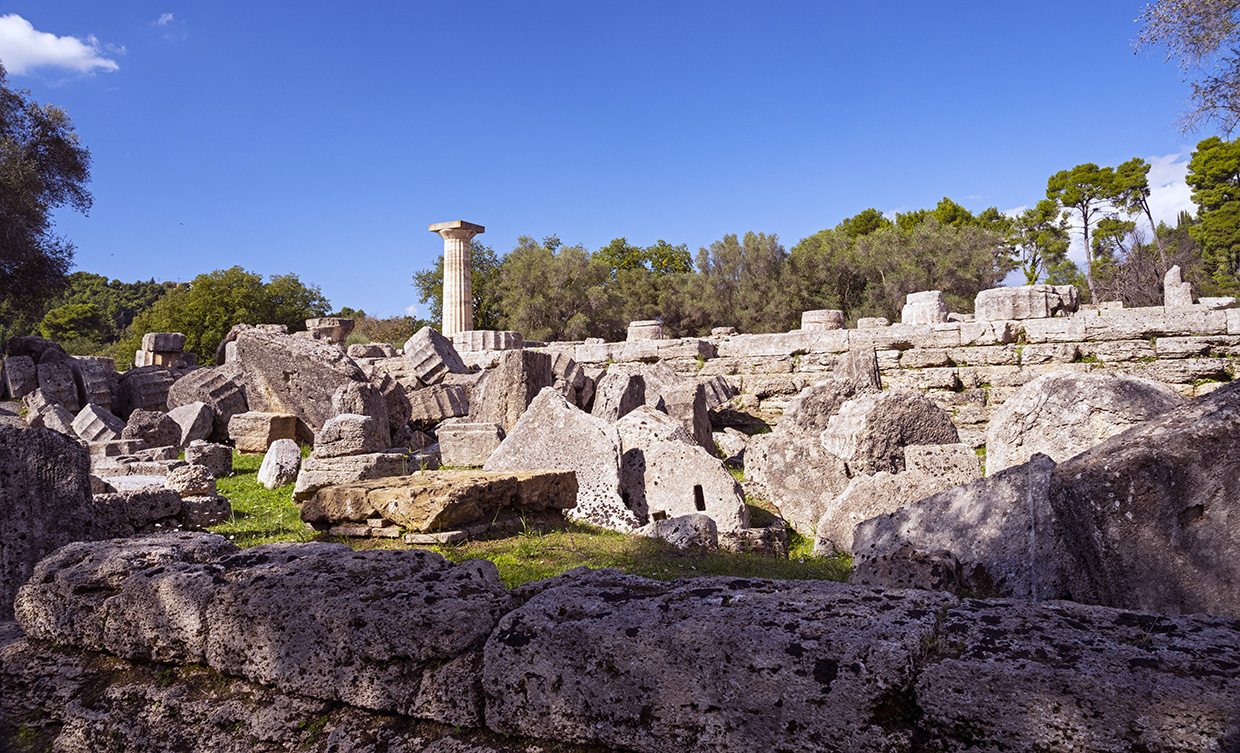
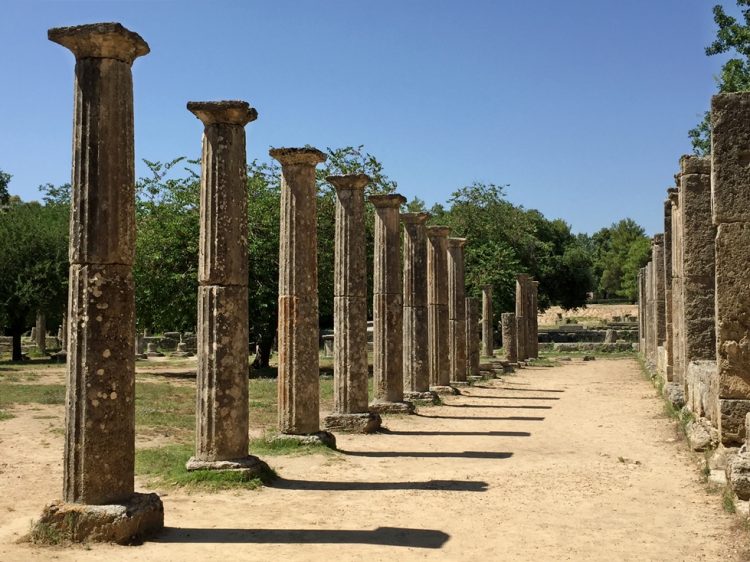
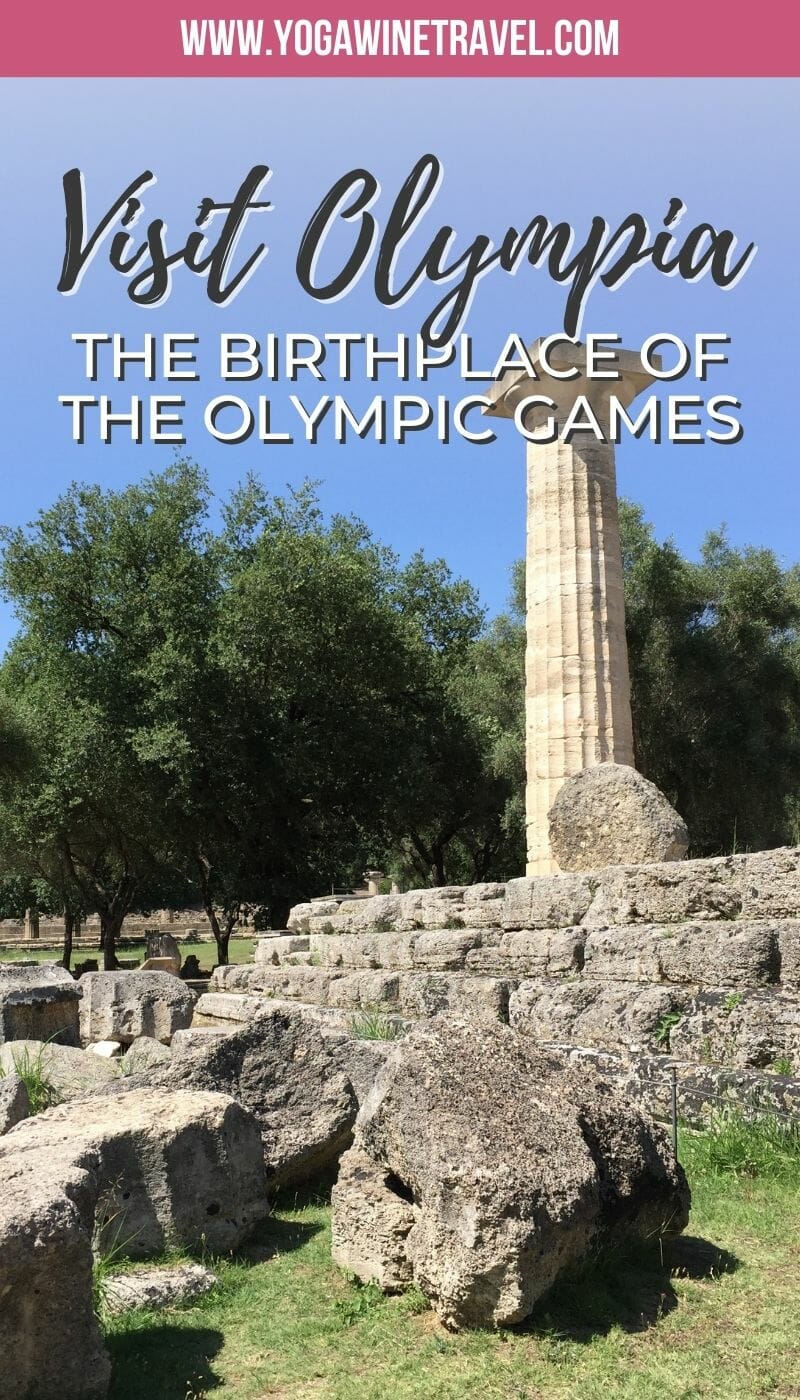

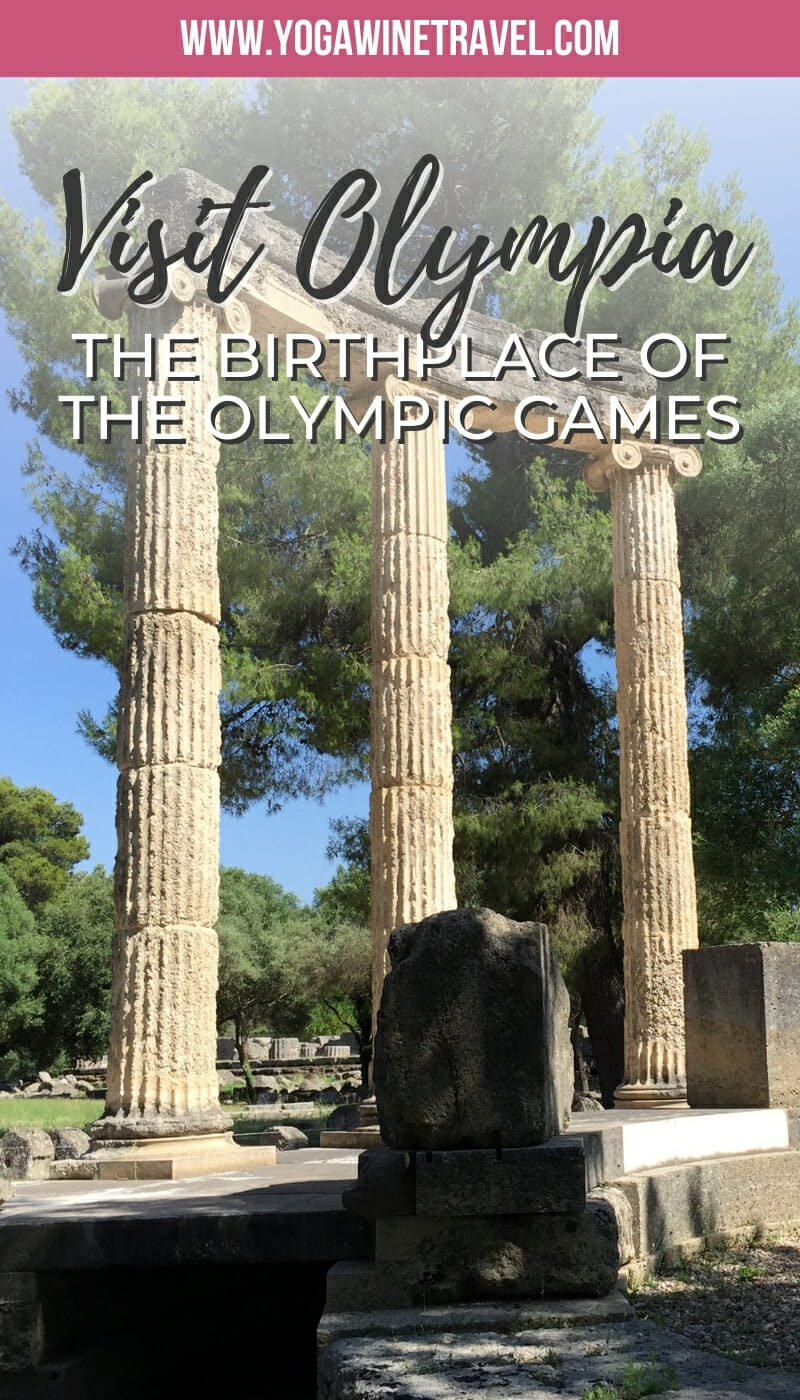
Closure
Thus, we hope this article has provided valuable insights into A Journey Through Time: Exploring the Significance of Olympia in Greece. We thank you for taking the time to read this article. See you in our next article!